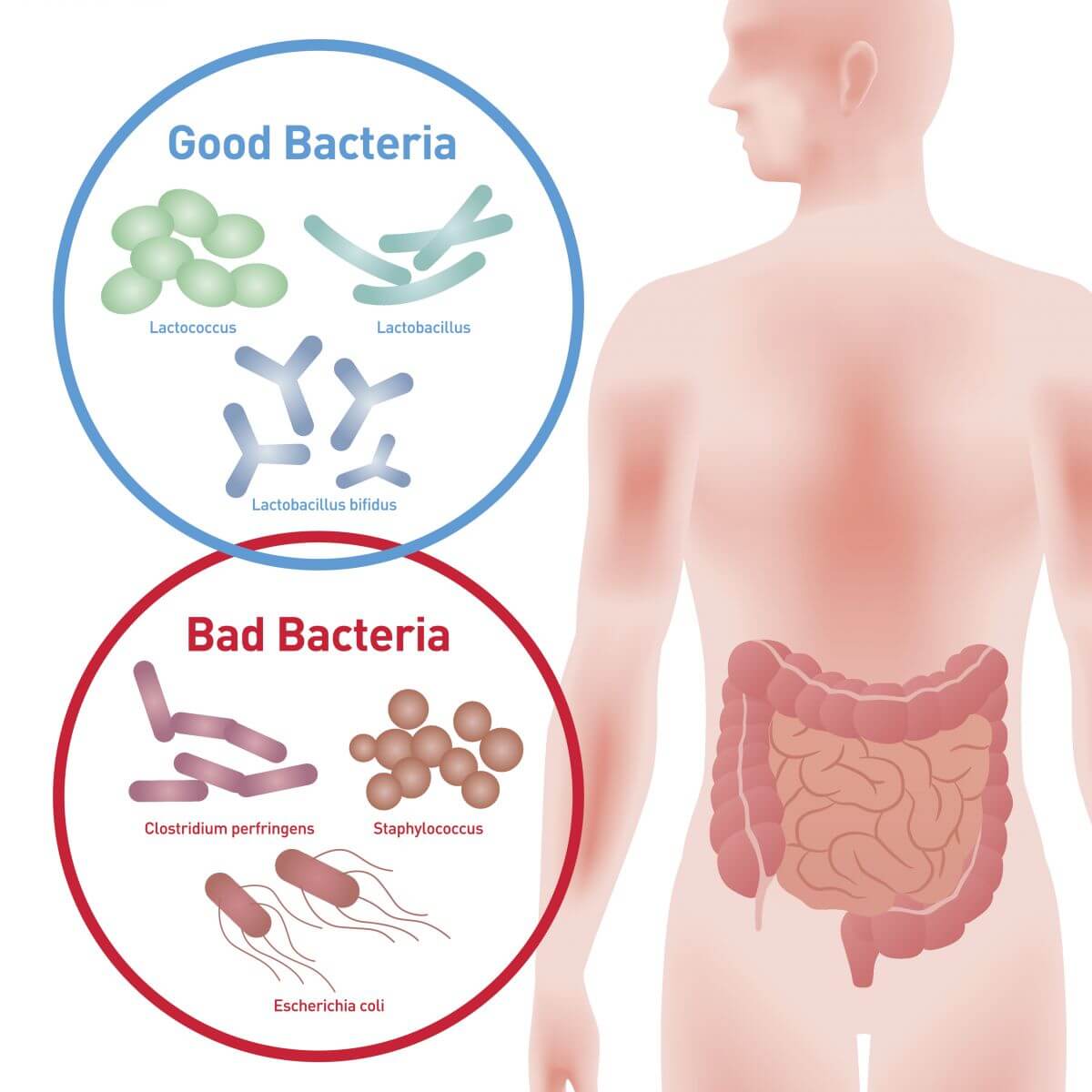Your microbiome, the population of friendly bacteria in your gut, we now know has been shown to influence metabolism, immunity, behaviour and sexual preferences. It turns out; your gut is also part of the elimination system that is vital in ushering hormones out of the body.
In a recent study, researchers showed for the first time that the make-up of the microbiome differs between the sexes, linking these differences to changes in hormone levels and disease resistance1. This means that from birth, our bacterial colonization of the gut plays a role in the maturation of the endocrine system2 and the immune system3. The microbiome produces and secretes hormones, responds to hormones and regulates expression levels of hormones.

Therefore, a poor internal ecosystem caused by a poor diet, stress, antibiotics and other influences will suppress the good bacteria, promote the bad bacteria, and potentially result in a build-up of hormones as well as other signs of systemic inflammation.
The hormonal imbalance that occurs as a result of a bacterial disparity may then perpetuate the issue further by resulting in a host of digestive issues. For example, progesterone and estrogen can lead to the gallbladder emptying more slowly. This will increase cholesterol levels and in turn, increase the risk of developing gallstones and other health concerns such as cardiovascular disease.
A number of factors, as previously mentioned, influence your microbiome and its delicate balance. However, you can re-balance the colonization within your gut and re-introduce variety through these six steps:
- Add fermented foods to your diet – try this recipe for a probiotic salad to get you started
- Take a prebiotic and probiotic supplement
- Increase fibre intake
- Eat more fruits and vegetables
- Minimize refined sugars and carbohydrates
- Eat an anti-inflammatory diet
Sources:
